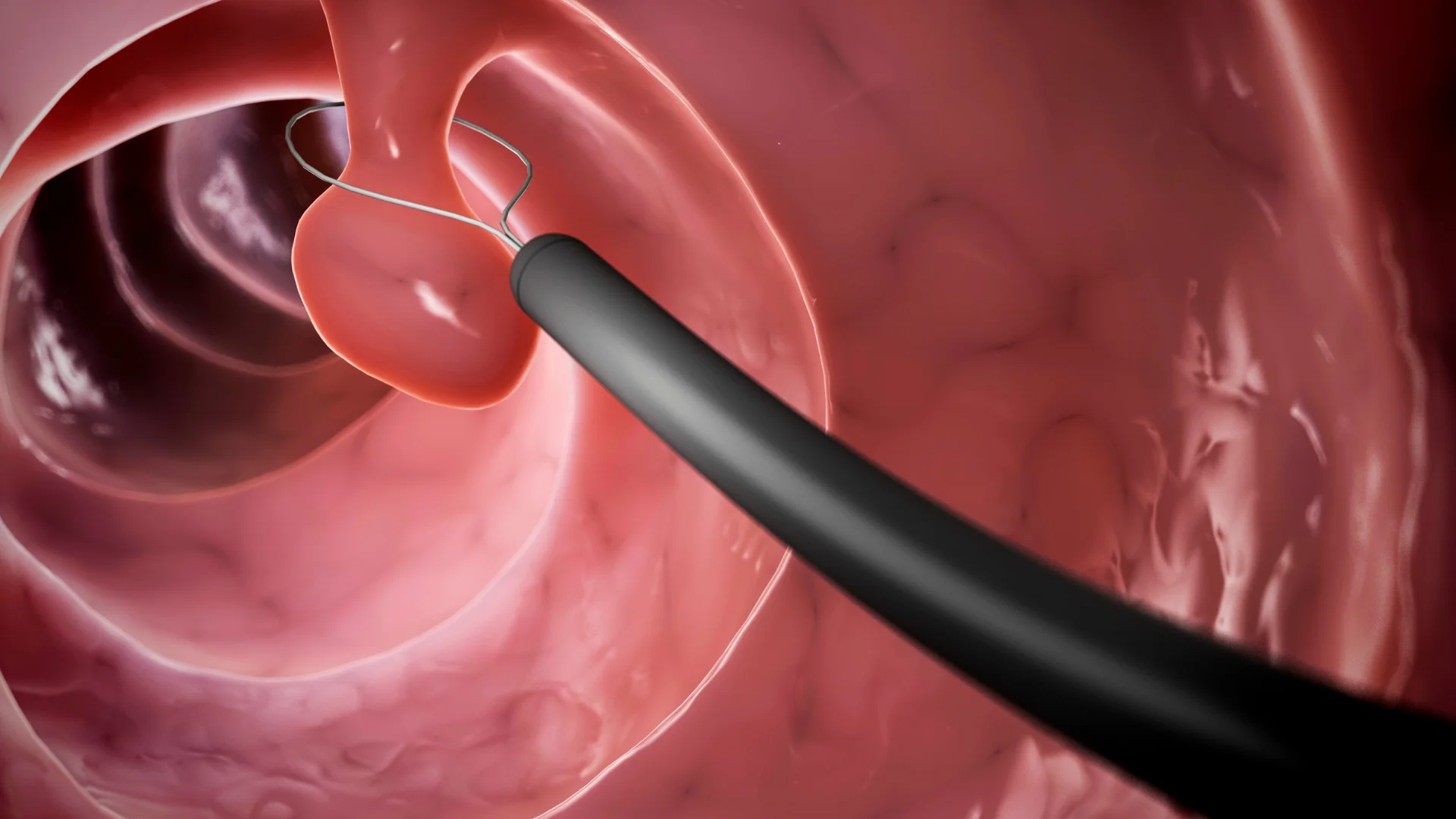
Understanding Polyps: What You Need to Know ⚪
Polyps are abnormal growths or protrusions of the mucosal lining that develop in hollow organs of the digestive tract, such as the esophagus, stomach, small intestine, colon, and bile ducts. In some cases, they appear flat and are called sessile polyps.
While polyps can occur in various parts of the body, such as the larynx, nose, uterus, or bladder, gastrointestinal polyps—particularly in the stomach and colon—are the most common.
Key Facts About Polyps ⭐
What Increases the Risk of Polyps? ⚠️
Several factors can increase the likelihood of developing polyps:
Symptoms of Polyps 🔍
Small polyps are often asymptomatic and discovered during routine medical exams. However, larger polyps may cause:
How Are Polyps Diagnosed? 🩺
Polyps are often found incidentally during routine examinations or while investigating other issues like anemia. Diagnostic steps include:
1. Clinical Evaluation: Consultation with a gastroenterologist to assess symptoms and risk factors.
2. Endoscopic Procedures:
3. Laboratory Tests:
4. Advanced Imaging:
How Are Polyps Treated? 🏥
Treatment depends on the size, location, and nature of the polyps:
Preventing Polyps and Their Complications 🛡️
Early detection and intervention are critical to preventing polyps from developing into cancer, such as stomach or colorectal cancer. Here’s how you can reduce your risk:
1. Dietary and Lifestyle Changes:
2. Routine Screenings (Even Without Symptoms): 👨⚕️ ✅
Why Early Detection Matters ⚠️
Most polyps are benign, but some can turn cancerous over time. Regular screenings and a proactive approach to risk factors are vital for prevention.
If you have a family history of polyps or gastrointestinal tumors, consider routine evaluations starting earlier than age 50. These preventive measures can dramatically lower your risk and ensure timely treatment if needed.
By staying informed, making healthier lifestyle choices, and committing to regular medical check-ups, you can safeguard your digestive health and reduce the risk of complications from polyps.
🩺 Explore out our Check-Up Programs!
DISCLAIMER: The information presented on this page has been intentionally condensed and simplified to make it accessible and easier to understand for the general audience. Its purpose is solely to provide basic awareness and education on the topic discussed. It is important to note that this content is not exhaustive and does not replace or serve as a substitute for professional medical advice, diagnosis, or treatment. Readers are strongly advised to seek consultations with qualified healthcare professionals or specialists for accurate assessment, personalized guidance, and appropriate medical care. Relying solely on the information provided here, without professional oversight, may lead to misunderstandings or inadequate treatment.
Privacy policy
Copyright ©2025 Klinika Kajo. Designed By Vizional